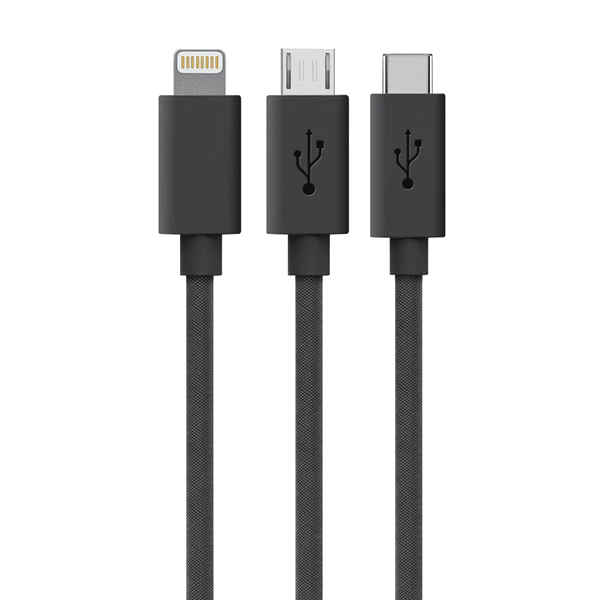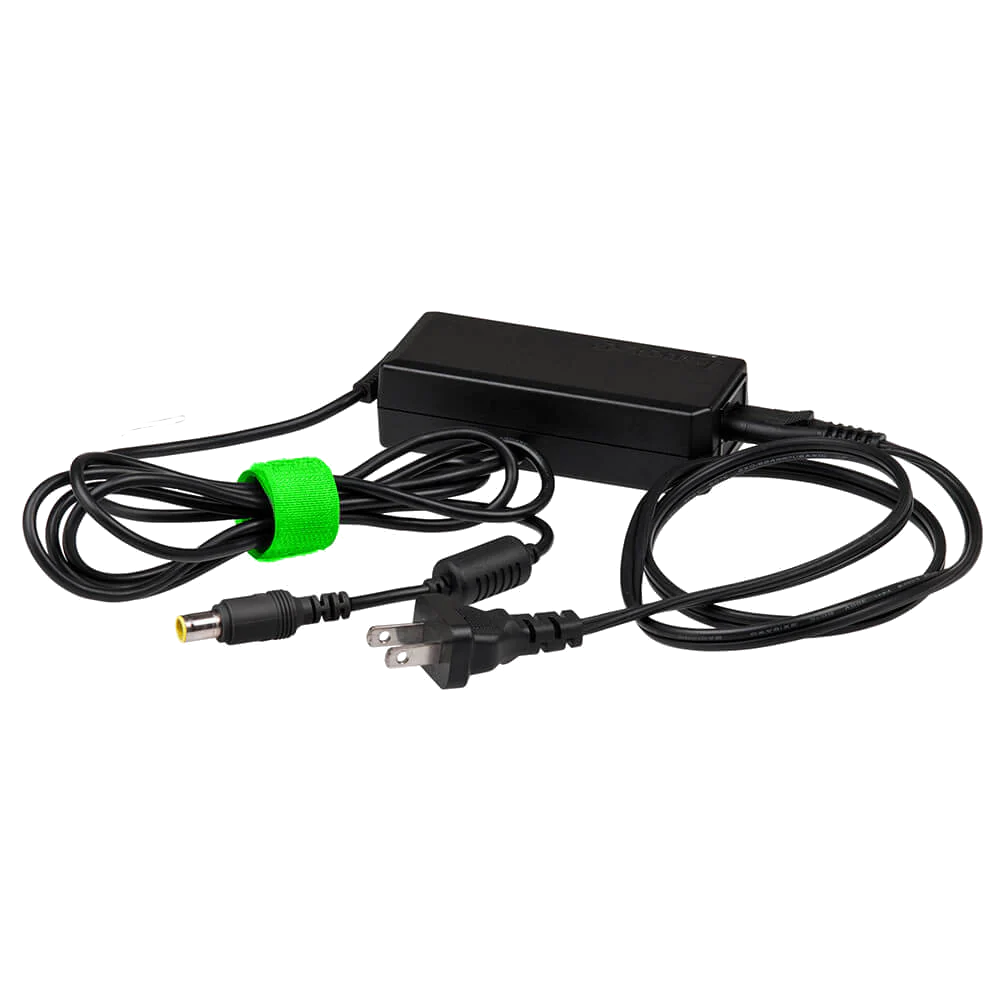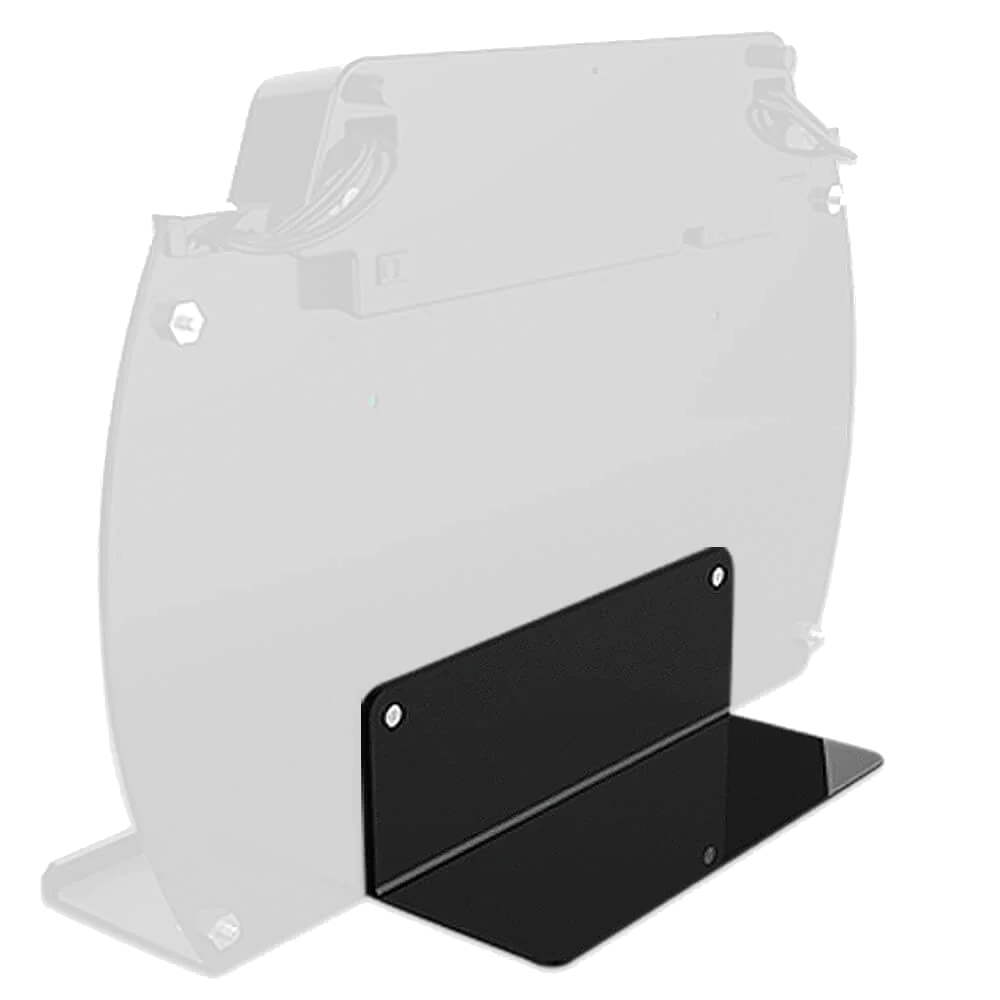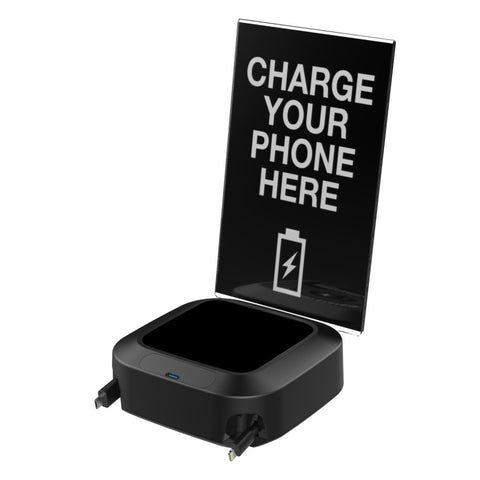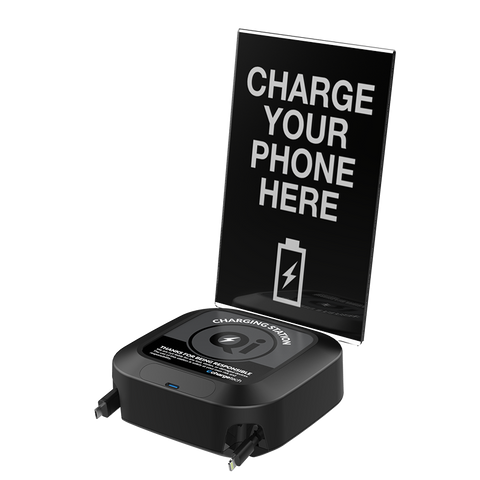Wireless Charging
Apple, following their usual strategy, has yet to enter the wireless charging market, but evidence shows that they may soon be making an entry, and that entry may revolutionize the industry. For those of us who dream of charging our iPhones just by setting it down, as many of our Android friends do, the dream most likely isn't very far off.
Wireless charging has been around for over a decade in consumer products, first appearing on the market in electrical tooth brushes, making charging as simple as dropping your brush on the stand, and picking it back up the next time you wanted to clean your teeth, but the technology didn't appear in phones until 2009 on the failed Palm Pre. Now though, the industry is taking off.
With the price of components decreasing, and the smartphone market growing rapidly, it's become a more viable feature within the last few years. Phones last year from nearly every top player in the smartphone market from Samsung and Motorola, to Nokia and HTC have integrated wireless charging technology into phones. At this year's Consumer Electronics Show the technology's popularity seemed to have risen even more. All evidence points towards this being a standardized feature on all phones by 2015.

iPhone With Adaptor in Qi enabled car charging mat
Evidence Shows iPhone Wireless Charging is Coming
Serious evidence of an Apple-specific proprietary or house-made solution is also out there, a patent by Apple which cleared in just November of 2012. Some speculate that Apple may have just been waiting for their patent to clear before using the technology. Here's one element that hasn't been reported yet, and is breaking news here. The patent calls for wireless charging based on hardware built into a mac. The patent cleared on the 29th of November, and Apple delayed the release of the iMac until an unscheduled release on the 30th of November. Coincidence, or has Apple already built the technology for their system in? It's speculation, but that's what the evidence is showing.
This isn't the first technological trend where Apple has entered late. MP3 Players first appeared in the late '90s. The iPod, Apple's version, didn't come out until November 2001. The iPhone came out in 2007, several years after Blackberries first became popular. Apple refused to release a tablet PC (after the failed Newtons) for nearly a decade after their competitors started offering touch devices. The iPad then commanded the market, as did the iPod, and the iPhone. Apple tends to reinvent the standard and significantly grow the industry in the process.
If Apple does go with the options available, as they have with standards such as 4G and USB 3.0, they can go with one of two popular standards. The leader, Qi, is the one currently in most wirelessly charging smartphones, but several big companies including Qualcomm, Sanidisk, and Samsung have set out to create a new system for wireless charging known as A4WP A.K.A the Alliance for Wireless Power. At the current moment Qi has the advantage though, with a critical mass of enabled smartphones, manufacturers, and even one car manufacturer (Toyota) integrating the technology. There's no telling which system Apple would employ.
There's still a lot of speculation, and no details are clear, with the exception of the fact that we will definitely see iPhones wirelessly charging very soon. If you want to charge your iPhone wirelessly now, Qi does offer adapter sleeves that make it possible, and Duracell offers a similar system using their Power mat device. Do you currently have a wireless charging device? Do you think ChargeAll should add a wireless charger to it's charging station lineup?
Do you use the feature yet?
******
Author Bio:
Michael Sitver is the founder, and Editor in Chief of Appstorechronicle.com, a Daily app and gadget blog covering the latest technology with reviews, tips, and more. As a writer he has worked with major tech companies, small startups, innovators, entrepreneurs, and other bloggers on various projects. He also serves as a technical consultant to small businesses.

